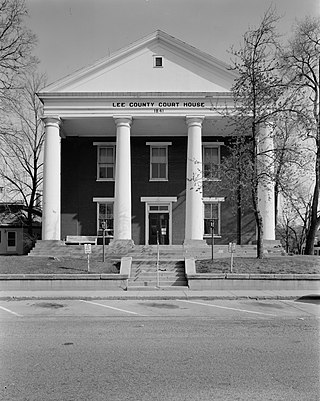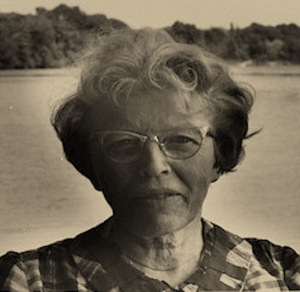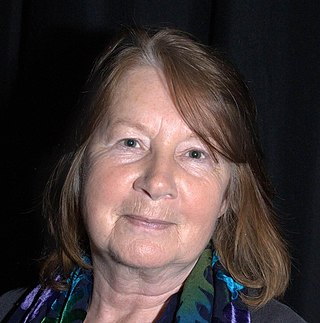Whole language is a philosophy of reading and a discredited educational method originally developed for teaching literacy in English to young children. The method became a major model for education in the United States, Canada, New Zealand, and the UK in the 1980s and 1990s, despite there being no scientific support for the method's effectiveness. It is based on the premise that learning to read English comes naturally to humans, especially young children, in the same way that learning to speak develops naturally.

Phonics is a method for teaching reading and writing to beginners. To use phonics is to teach the relationship between the sounds of the spoken language (phonemes), and the letters (graphemes) or groups of letters or syllables of the written language. Phonics is also known as the alphabetic principle or the alphabetic code. It can be used with any writing system that is alphabetic, such as that of English, Russian, and most other languages. Phonics is also sometimes used as part of the process of teaching Chinese people to read and write Chinese characters, which are not alphabetic, using pinyin, which is alphabetic.

Lee County is the southernmost county in the U.S. state of Iowa. As of the 2020 census, the population was 33,555. The county seats are Fort Madison and Keokuk. Lee County is part of the Fort Madison–Keokuk, IA–IL–MO Micropolitan Statistical Area. It was established in 1836.

Kate Douglas Wiggin was an American educator, author and composer. She wrote children's stories, most notably the classic children's novel Rebecca of Sunnybrook Farm, and composed collections of children's songs. She started the first free kindergarten in San Francisco in 1878. With her sister during the 1880s, she also established a training school for kindergarten teachers. Kate Wiggin devoted her adult life to the welfare of children in an era when children were commonly thought of as cheap labor.

Lorine Faith Niedecker was an American poet. Her poetry is known for its spareness, its focus on the natural landscapes of Wisconsin and the Upper Midwest, its philosophical materialism, its mise-en-page experimentation, and its surrealism. She is regarded as a major figure in the history of American regional poetry, the Objectivist poetic movement, and the mid-20th-century American poetic avant-garde.

Miss Porter's School (MPS) is a private college preparatory school for girls founded in 1843 in Farmington, Connecticut. The school draws students from many of the fifty U.S. states, as well as from abroad. International students comprised 14% in the 2017–2018 year. The average class size was 10 students in 2017.
The National Reading Panel (NRP) was a United States government body. Formed in 1997 at the request of Congress, it was a national panel with the stated aim of assessing the effectiveness of different approaches used to teach children to read.

Synthetic phonics, also known as blended phonics or inductive phonics, is a method of teaching English reading which first teaches letter-sounds and then how to blend (synthesise) these sounds to achieve full pronunciation of whole words.

Catherine Carroll Shelley was a midwestern United States railroad heroine and the first woman in the United States to have a bridge named after her, the Kate Shelley High Bridge. She was also one of the few women to have a train named after her, the Kate Shelley 400.

Medbh McGuckian is a poet from Northern Ireland.
The Orton-Gillingham approach is a multisensory phonics technique for remedial reading instruction developed in the early-20th century. It is practiced as a direct, explicit, cognitive, cumulative, and multi-sensory approach. While it is most commonly associated with teaching individuals with dyslexia, it has been used for non-dyslexic individuals learning to read, spell, and write. In the US, it is promoted by more than 15 commercial programs as well as several private schools for students with dyslexia and related learning disabilities.
High frequency sight words are commonly used words that young children are encouraged to memorize as a whole by sight, so that they can automatically recognize these words in print without having to use any strategies to decode. Sight words were introduced after whole language fell out of favor with the education establishment.
The Dolch word list is a list of frequently used English words, compiled by Edward William Dolch, a major proponent of the "whole-word" method of beginning reading instruction. The list was first published in a journal article in 1936 and then published in his book Problems in Reading in 1948.

Nellie Verne Walker, was an American sculptor best known for her statue of James Harlan formerly in the National Statuary Hall Collection in the United States Capitol, Washington D.C.
Diane McGuinness was an American cognitive psychologist who wrote extensively on sex differences, education, learning disabilities, and early reading instruction.
Alice Mary Coleman was a British geographer. A professor at King's College London, she was noted for directing the 1960s Second Land Use Survey of Britain, as well as for analyses of land use planning and urban design which have influenced the design of residential developments since the 1980s. She was a member of the Freedom Association.

Reading is the process of taking in the sense or meaning of symbols, often specifically those of a written language, by means of sight or touch.

The 12th National Spelling Bee was held in Washington, D.C., on May 26, 1936, at the National Museum. Scripps-Howard did not sponsor the Bee until 1941.

Meg Johnson is an American poet and lecturer. Her poems have appeared in numerous literary magazines, including Midwestern Gothic, Slipstream Magazine, Word Riot, Hobart, and many others. Her first collection of poems, Inappropriate Sleepover, was released in 2014, her second collection, The Crimes of Clara Turlington, was released in December 2015., and her third book, Without: Body, Name, Country is due to release in September 2020. She is also the current editor of the Dressing Room Poetry Journal.

Katherine Davis Chapman Tillman was an American writer.













